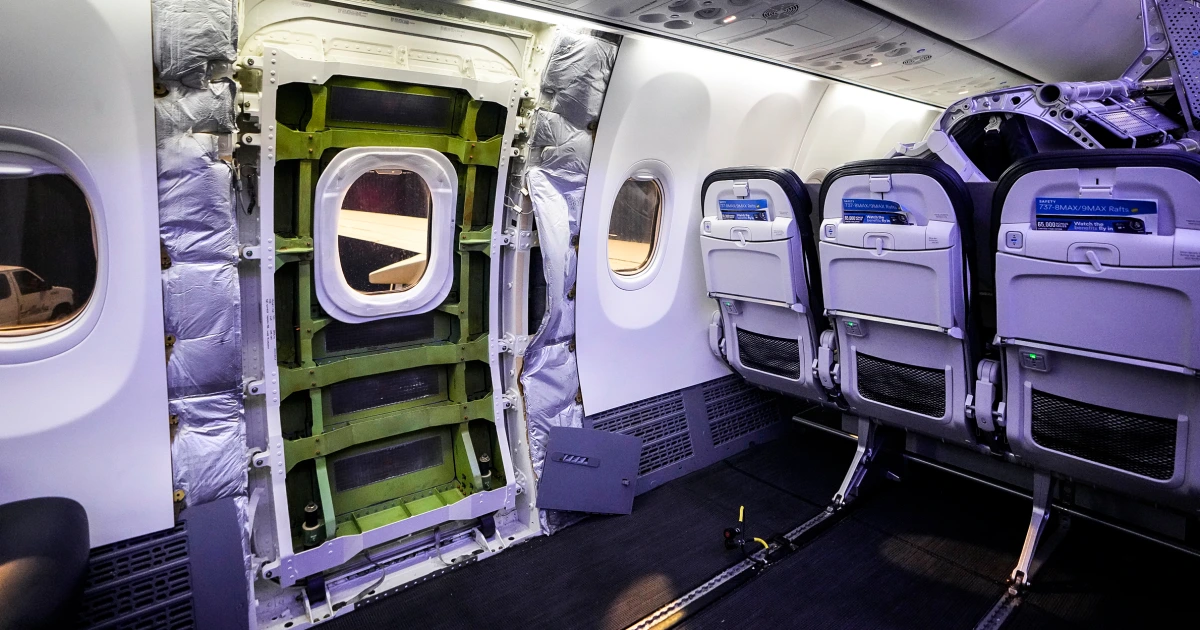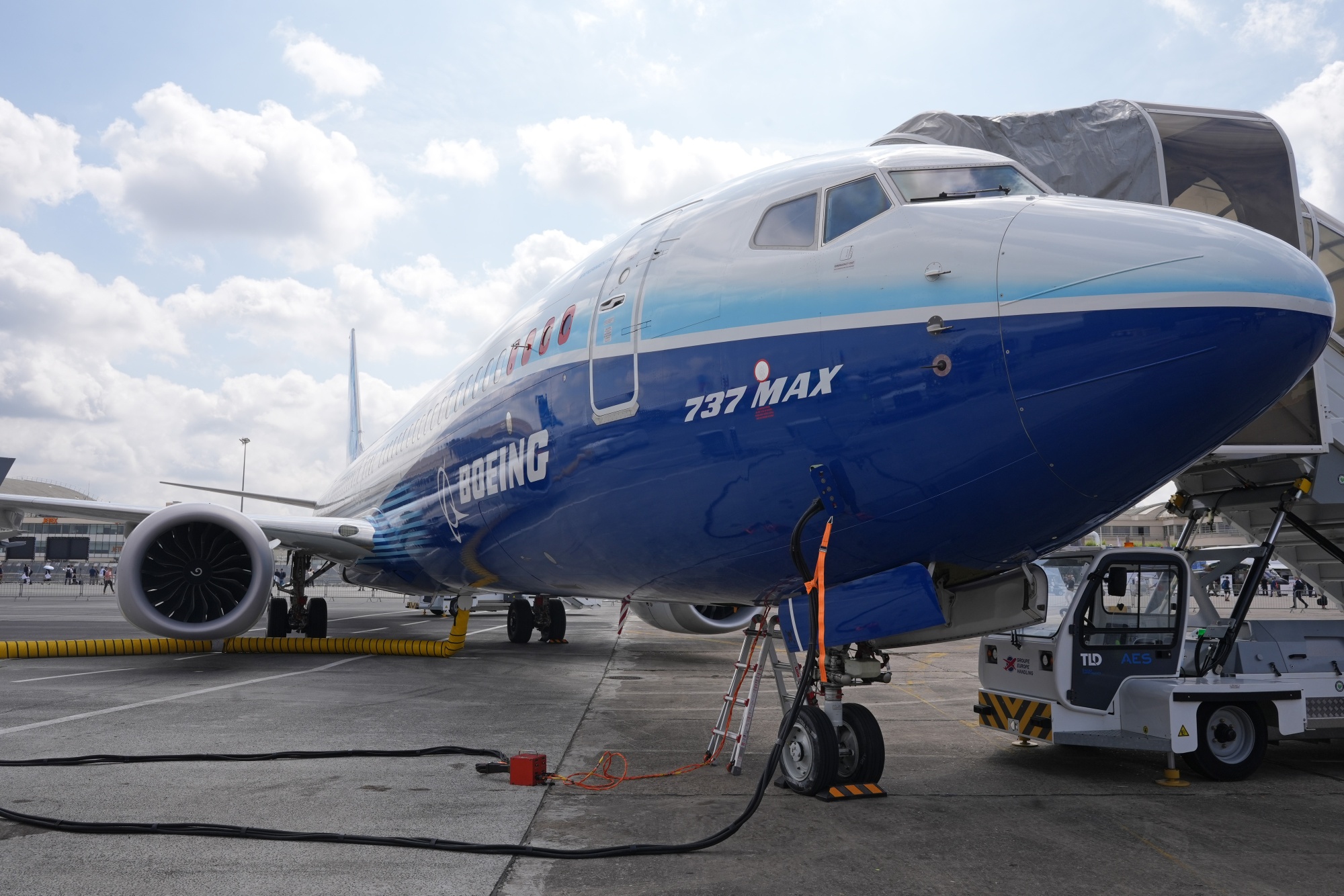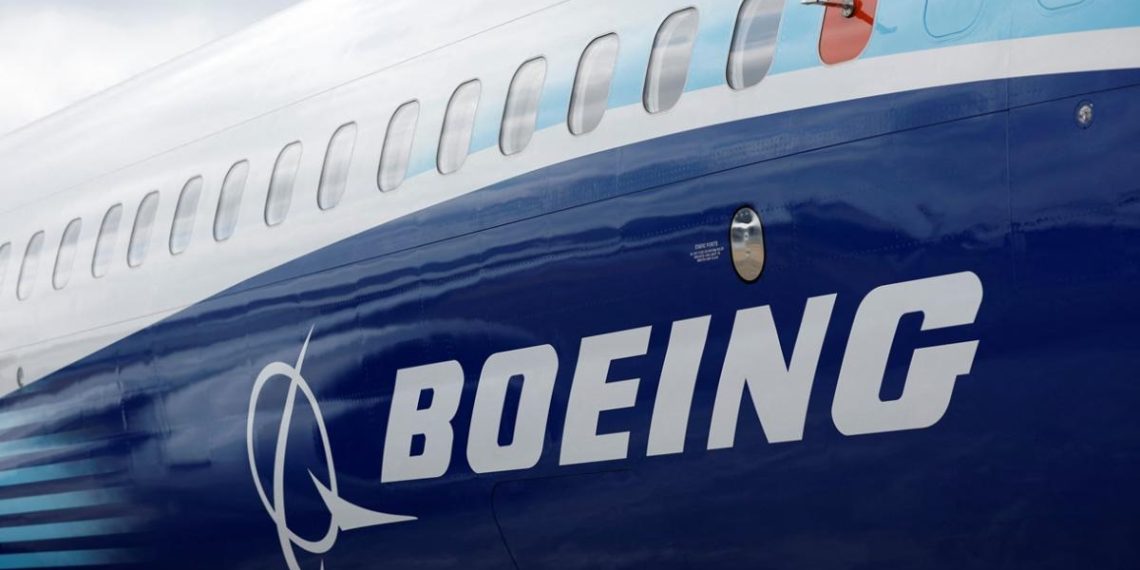U.S. air carriers expressed concerns on Tuesday over their capacity expansion plans due to prolonged delays in jet deliveries from Boeing, as the impact of the planemaker’s safety crisis deepens within the airline industry. The industry has revised delivery expectations for the year, creating hurdles in meeting the surging travel demand.
Boeing has faced intensified regulatory scrutiny following a significant mid-air panel blowout incident involving an Alaska Airlines flight on January 5, prompting investigations into the company’s safety and production standards.

United Airlines CEO Scott Kirby highlighted that Boeing deliveries would significantly lag behind this year, with uncertainties surrounding the certification of the MAX 10 model.
Shares of United Airlines dipped by 1.7%, while Southwest Airlines plummeted nearly 15% following its downward revision of Boeing delivery forecasts for the year. Boeing’s stock also fell by 4.3% since the beginning of the year, reflecting investor concerns.
The National Transportation Safety Board announced plans for a public investigative hearing into the Alaska Airlines incident in August, including testimonies from Boeing and other involved parties.
The incident aircraft had prior maintenance scheduled for January 5 due to pressurization warning lights, indicating operational challenges.

Southwest Airlines, anticipating a significant reduction in MAX deliveries from Boeing, adjusted its 2024 capacity projections, signaling potential challenges for the airline’s operations. Additionally, United Airlines explored alternative options, including purchasing more Airbus A321neo jets to mitigate the impact of MAX 10 delays.
Boeing implemented measures to address quality issues, including weekly compliance checks and additional equipment audits, to enhance production standards and ensure aircraft quality. However, challenges persist as the company aims to navigate through its delivery backlog amid ongoing safety concerns.




